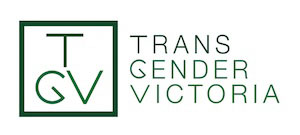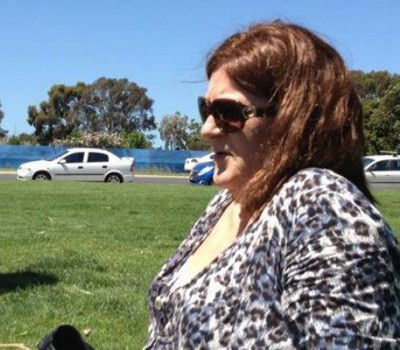IF TRANS AND ALLIES RAN AUSTRALIA…
We clearly need a nationally consistent approach across the Commonwealth, States and Territories to ensure consistent documentation across all jurisdictions for trans and gender diverse people. Different definitions of gender identity and different policies obviously create confusion and difficulty for trans and gender diverse people – and others too e.g. business and public sector officials.
Standardising laws and processes is therefore clearly beneficial for all. While a federal government can’t change state laws, it can take a lead in many ways, including via the Standing Council on Law and Justice. This could achieve great progress, especially on a major item such as birth certificates. So, maintaining and building on the foundation started with the Australian Government Guidelines on the Recognition of Sex and Gender is absolutely vital.
Another critical issue is the prohibitive out-of-pocket financial costs for surgery, which for some, possibly many trans people, can be a huge obstacle. Even for those who can afford surgery, the lack of coverage is a form of financial discrimination that creates barriers in achieving equal potential after surgery. While one solution could clearly be full public funding of surgeries, any win-win option needs to be considered.
A hugely critical issue affecting all of trans and gender diverse people is the issue of accessing health services, as large numbers of providers may lack knowledge of transgender issues. This can be at a basic level, such as, making a service trans friendly via inclusive forms and correct pronoun usage, helping someone “come out” and at more specialised levels, e.g. having more GPs feeling comfortable administering hormones and greater numbers of qualified surgeons. It can also mean knowing when trans is not the issue, such as, when a trans person approaches a practitioner for something else other than trans and is pushed into spending a whole appointment giving the professional a trans 101. Initiatives are under way regarding education (watch this space); federal assistance would help further.
Regarding law reform, achieving a more balanced approach to exemptions surrounding sport is also important. In sports-mad Australia, surely to be excluded from sport is not on. Yet many trans men and women of all strengths and sizes face discrimination because of the excessive nature of the federal exemption. A more case-by-case basis would result in fairer outcomes.
There are many areas where trans and gender diverse people can work effectively with our gay, lesbian, bisexual and intersex friends to achieve win-win reforms. Briefly, these include (but by no means are limited to) ending prejudice against GLBTI in schools; completing the full consolidation of federal laws (which would give greater foundation to the new laws covering GLBTI); reducing the excessive religious exemptions in federal law; achieving federal marriage equality; mental health and alcohol/substance strategies; dignity for GLBTI seniors; international progress including newly arrived GLBTI people and ensuring GLBTI people get effective access to policy-making processes, possibly via an advisory council.
Finally, while there are similar matters for people experiencing intersex issues, space and specialist needs of intersex prevent further detail being given here. However, Transgender Victoria, along with partners from around Australia including Organisation Intersex Internationale, has surveyed the three larger parties on a range of issues including intersex-specific issues. Check it out at glrl.org.au.
So, if trans and all of GLBTI issues are significant to you – acknowledging a range of issues is important and we don’t live in a GLBTI vacuum (it’s too dusty!). We can make the next Parliament the most GLBTI friendly in our history. Let’s do it and make further progress in the next three years!
Sally Goldner is spokesperson for TransGender Victoria, treasurer of the Victorian Gay and Lesbian Rights Lobby and treasurer of Bisexual Alliance Victoria.

